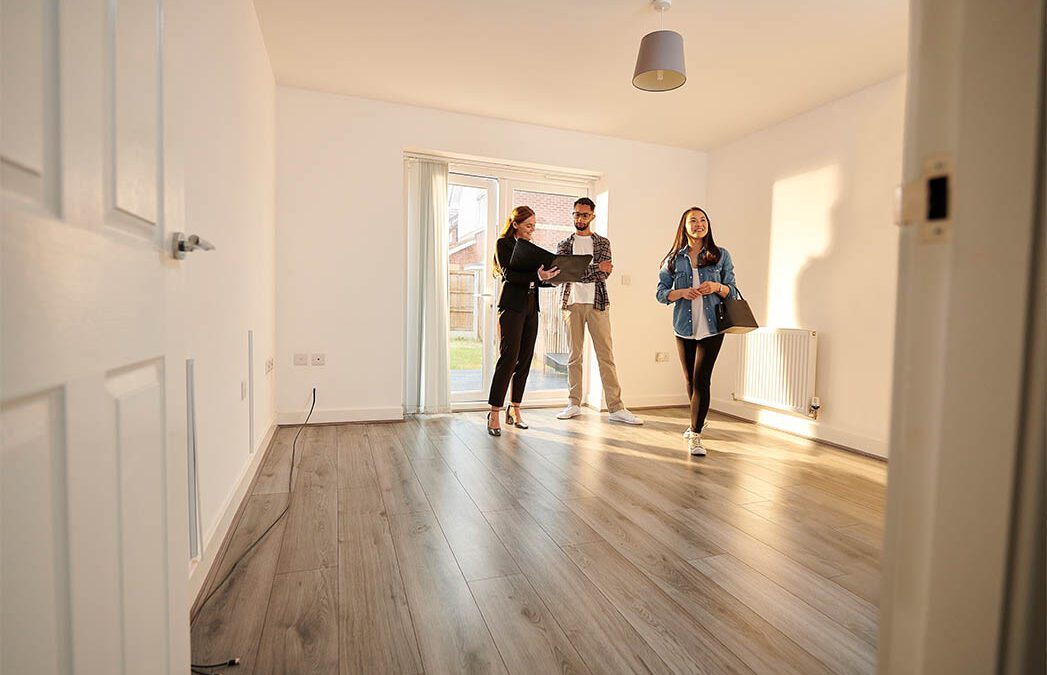Time for Creativity and Adaptation
The spread of the Coronavirus pandemic in the U.S. has affected all aspects of the real estate industry, but the impact has been most sizeable for short-term rentals. Analysis from Mashvisor, a real estate data analytics company, shows major declines in Airbnb activity in March 2020, and these downward trends are expected to continue in the coming months. As guests are cancelling their bookings, Airbnb occupancy rates are experiencing major declines.
For example, in New York City, the epicenter of the COVID-19 pandemic, the occupancy rate of Airbnb rentals dropped from 70.7% in March 2019 to 51.4% in March 2020. This constitutes a decrease of 19.3 percentage points. Other major cities are witnessing even more drastic drops, including Atlanta (a percentage drop of 32.3), Boston (30.4), Miami (29.1), Chicago (24.5), Los Angeles (23.8), and San Francisco (22.5).
Accompanied by small declines in the average daily rate as well, the negative changes in occupancy rates will lead to significant drops in income for Airbnb hosts in hot tourist destinations and business hubs.
Emerging Opportunities
However, it’s not all bad news for the short-term rentals industry. There is light at the end of the tunnel for full-time real estate investors heavily dependent on rental income as well as for hosts for which this is an additional source of earnings.
Airbnb’s Support
First of all, after allowing guests to cancel their reservations for a full refund, the Airbnb platform acknowledged the major impact this would have on hosts. As a result, the company set aside $250 million to help out Airbnb hosts who have been affected by the massive cancellations. Airbnb will cover 25% of what hosts would normally receive under the homesharing platform’s cancellation policy for cancelled bookings with check-in dates between March 14 and March 31.
Provisions under the CARES Act
Furthermore, short term rental hosts are eligible for assistance under a few different provisions of the $2 trillion CARES Act, signed into law on March 27. Importantly, Airbnb hosts who are diagnosed with COVID-19 or whose family members are infected can apply for unemployment assistance. In addition, sole proprietor hosts reporting Airbnb income are eligible for small business loans to cover costs such as interest on mortgage payments, utility bills, and others. Moreover, Airbnb hosts who hire contractors to clean or service their short term rental properties are able to apply for loans to pay those workers.
After all, this is not the first time that the short-term rental industry faces a challenge, even if the Coronavirus pandemic is of unprecedented scale. Full-time investors in Airbnb-style rentals in major U.S. cities like Las Vegas, Boston, Chicago, New York, Los Angeles, San Francisco, and San Diego had to adapt their strategy when the local authorities deemed non-owner occupied short term rentals illegal.
New Guests
Once again, even amid the current pandemic, location is a key factor in real estate. While hosts in major cities are struggling with cancellations and lack of new bookings, smaller, isolated places are reporting an increase in demand. There is a whole range of new Airbnb guests to whom hosts can cater.
For one, elderly people – who are disproportionately affected by COVID-19 – are seeking refuge in small towns which are considered safe havens. Similarly, employees decide to rent vacation homes in less affected areas to work remotely as more and more cities go under lockdowns. Yet another group of potential guests are doctors stationed in locations away from home who sometimes resort to Airbnb rentals. In addition, there have been cases in which people decide to spend their quarantine in short-term rental properties to protect their families. Thus, Airbnb hosts can be responsive to the need for temporary accommodation from these new kinds of guests and figure out the best ways to meet their necessities.
Switching Strategies
Another mechanism to cope with the current situation that hosts can employ is what investors have been doing for years in markets where non-owner occupied short term rentals became illegal. Namely, switching their rental strategy from Airbnb to traditional, long-term rentals. This can be a short run or long run solution as many might enjoy the stability and less involvement associated with traditional rental properties.
While the present time is definitely challenging for Airbnb hosts at several different levels, there are things they can to protect their real estate business.
Daniela Andreevska is Marketing Director at Mashvisor, a real estate analytics tool which helps real estate investors quickly find traditional and Airbnb investment properties. A research process that’s usually 3 months now can take 15 minutes. We provide all the real estate information in easy to understand visualizations.






















0 Comments